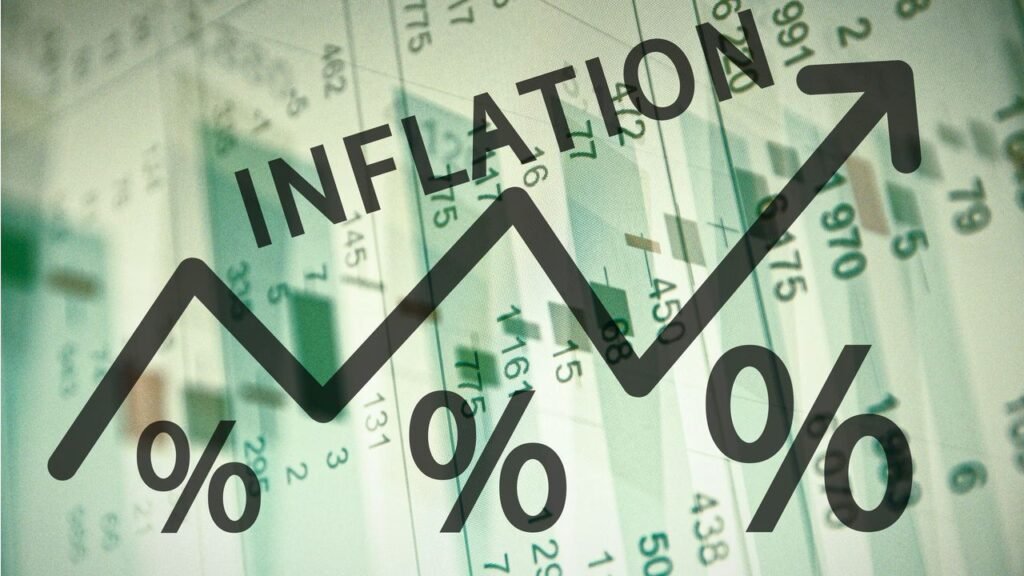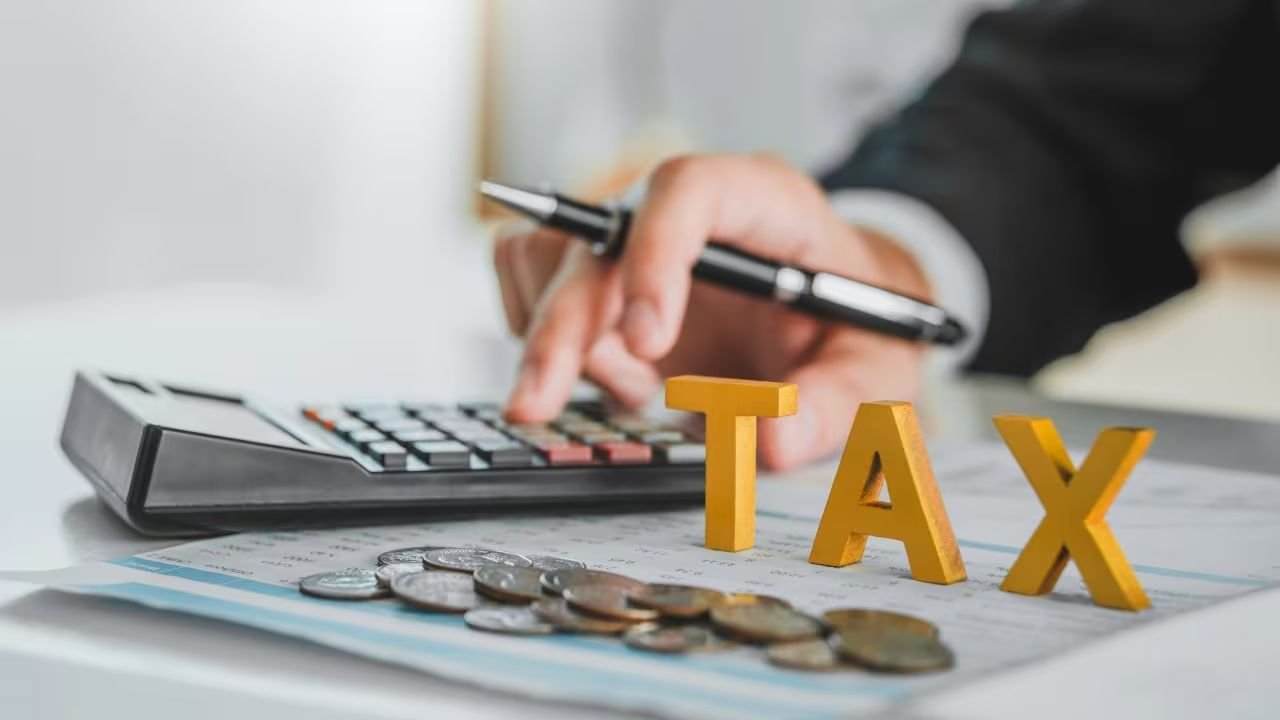As the cost of living continues to weigh heavily on American households, several states have taken steps to ease the burden by introducing tax rebate programs for 2025. These rebates are designed to return surplus funds to taxpayers and provide direct financial relief, with some states offering payments of up to $500. Here is a breakdown of which states are offering support, how much you could receive, and what steps are needed to claim it.
Georgia Announces $500 Rebate for Families
Georgia remains at the forefront of rebate programs, approving another round of surplus refunds in 2025. Through House Bill 112, Governor Brian Kemp authorized one-time rebates of up to $500 for married couples filing jointly, making $1 billion available to taxpayers. The amounts vary depending on filing status, with individuals eligible for up to $250 and heads of household receiving up to $375.
To qualify, residents must have filed both their 2023 and 2024 tax returns and ensured they have no outstanding debts with the Georgia Department of Revenue. Payments began in June 2025 and are being distributed automatically to eligible taxpayers.
Virginia Offers Up to $400 Rebates
Virginia has also introduced rebates worth up to $200 for single filers and $400 for married couples filing jointly. To receive the payment, taxpayers must file their 2024 state income tax return by November 3, 2025. Refunds are scheduled to begin in July and will continue through October, distributed in the order returns are processed. However, the rebate cannot exceed the total amount of tax owed, which means those with smaller liabilities may receive less than the maximum advertised amount.
New York Launches Inflation Relief Checks

For the first time, New York has introduced inflation relief checks to support more than 8 million residents. These payments are intended to offset the impact of higher sales taxes caused by inflation. Eligible recipients include those who filed Form IT-201 for 2023, reported income within the qualifying thresholds, and were not claimed as dependents. Distribution of checks is expected to start in late September 2025 and continue over several weeks.
Who Can Receive State Rebates in 2025
Eligibility rules vary by state, but some general requirements remain consistent. Taxpayers must have filed their state income tax returns for the required years, owed state taxes during that period, and cleared any outstanding debts to state agencies. Income thresholds may apply in certain states, but in most cases, rebate amounts are tied directly to the tax liability of each filer.
How Payments Are Delivered
Refunds are typically distributed the same way as regular tax refunds. Those who use direct deposit will see the rebate arrive in their bank accounts, while others may receive paper checks in the mail. It is important to note that if a taxpayer owes money to other government agencies, states may use the rebate to offset those debts before releasing the remaining amount.
Will These Rebates Be Taxable?
The federal tax treatment of these rebates depends on how they are classified. In most cases, if the rebate is considered a refund of state taxes paid and you did not itemize deductions, the payment is not taxable for federal purposes. Taxpayers should review their individual situation or consult a tax professional for clarity.
Deadlines and Next Steps for Taxpayers
To make sure you do not miss out, file your state returns on time and keep your address updated with the tax department if you have recently moved. Each state has published its eligibility criteria and schedule, so checking official websites is essential. Payments will be distributed in stages, so monitoring your bank account or mailbox during the announced period is advised.
These rebate programs highlight how states are responding to changing economic conditions and using budget surpluses to return money to taxpayers. Alongside one-off rebates, some states are exploring long-term measures such as reduced income tax rates and new forms of permanent relief.
For now, the 2025 rebate programs represent a valuable opportunity for eligible residents to access extra support during a time of ongoing financial challenges. By meeting deadlines and staying informed, taxpayers can ensure they receive the payments they are entitled to.

